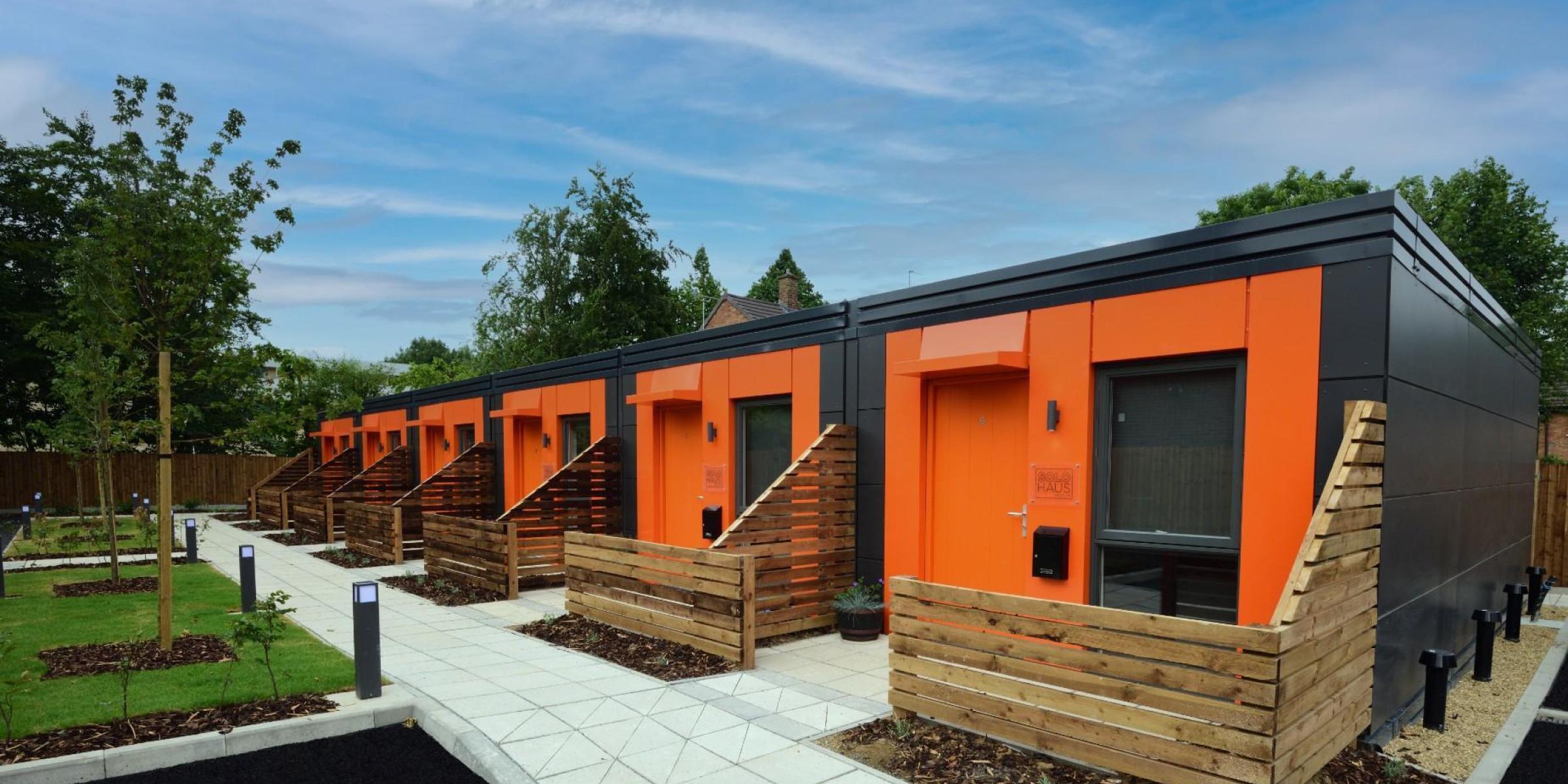The Cambridge Centre for Housing and Planning Research (CCHPR) hosted an online discussion on Thursday 16th March to mark the launch of their new report.
The report, titled ‘The role of modular homes in addressing homelessness: Cambridge’s modular homes’ aimed to assess the effectiveness and fill knowledge gaps within modular home projects, and more specifically to gain an understanding of the potential issues in establishing, operating, and living in this kind of housing. Modular homes are seen as a potential solution to the growing problem of homelessness – An EU Commission study from 2019 found that homelessness was on the rise in 24 of 28 member states.
Modular homes are designed for temporary use, can be moved between different sites, and are often loaned out at low to no cost. They generally cost 15-20% less to build than traditional homes. Charitable services providing, for example, provision for mental health, alcohol, and drug addiction support can also be integrated into these projects.
CCHPR’s research included interviews with modular home residents. Their findings suggest that being able to live in modular homes, receive wraparound support, and have access to the healthcare system gave residents numerous benefits. These included: improvements to their health, better relationships with friends and family, an address (often a requirement for applications such as benefits claims), and a sense of ownership.
However, the report noted that there are wider systemic issues which curtail the effectiveness of modular housing projects. Long waiting times for some specialised support as well as a national lack of guidance on training and job applications were barriers. While most residents wanted to move to permanent housing, some felt they needed more time before they had the confidence to live fully independently.
The report also offered numerous suggestions for improvements, covering the allocation process, pre-tenancy work, tenancy agreements, resident support, and site design.
The report was covered by Euronews here.
The full report can be read here.

